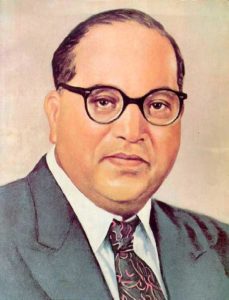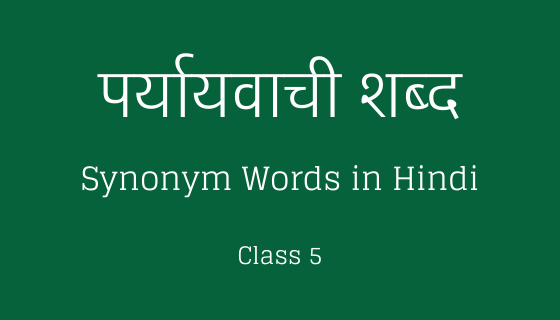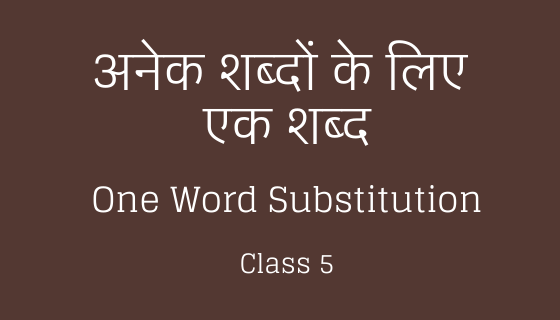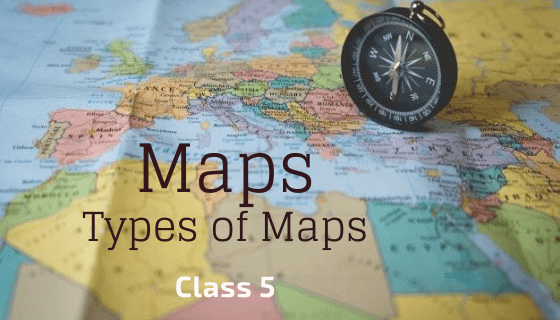What is the Constitution of India?
The Constitution of India is the supreme law of India. Just as a school needs certain rules to function well, a country also needs certain rules which are called laws. These laws are contained in the Constitution of India. This document lays down the procedures, powers, and duties of government institutions and sets out fundamental rights, directive principles, and the duties of citizens. It is the longest written constitution in the world.
The Making of the Constitution
When the British ruled in India, they made certain laws to be obeyed or followed by the citizens of India. Just before Independence from British rule, in 1946, a special assembly was constituted which was called Constituent Assembly. The Constituent Assembly was responsible for creating a Constitution containing laws for the people of independent India. People from all walks of life such as engineers, doctors, lawyers, businessmen, farmers, teachers and many others were part of the Constituent Assembly. A draft committee was formed to finalise the Constitution based on the discussions in the Constituent Assembly. Dr B. R. Ambedkar was the chairman of the drafting committee. For his role in drafting Indian Constitution, he is widely considered as the Father of Indian Constitution. It took nearly 3 years to complete writing the Indian Constitution.

The Indian Constitution was adopted by the Constituent Assembly on 26th November, 1949 and came into force on 26th January, 1950. For this reason we celebrate Republic Day on 26 January every year.
Some important parts of the Indian Constitution are:
- The Preamble
- The Directive Principles of State Policy
- Fundamental Rights
- Fundamental Duties
The Preamble to the Indian Constitution
The word ‘preamble’ means ‘an introduction’. It is a brief introductory statement that sets out guidelines which guides the people of the country. The hopes and aspirations of the people are described in it. The complete Preamble is given below:
WE, THE PEOPLE OF INDIA, having solemnly resolved to constitute India into a |
Let’s explain the words used in the Preamble of the constitution one by one.
| SOVEREIGN | Indian is an independent country. It is free to conduct its own affairs (both internal and external). |
| SOCIALIST | The wealth of the country should be shared by all Indian people. It aims to end poverty, ignorance, disease and inequality of opportunity. |
| SECULAR | There is no official religion. Also there is no difference of religion. Hinduism, Buddhism, Jainism, Sikhism, Christianity and Islam are equally respected. All the citizens of India are allowed to profess, practice and propagate religion of their choice. |
| DEMOCRATIC REPUBLIC | A government elected by the people called democracy where a king or queen will not be the head of the country. President will be the head of the country. |
| JUSTICE | All people should have a fair chance to earn their living and all people should be given equal treatment without any social distinction based on caste, colour, race, religion, sex and so on. |
| LIBERTY | Freedom to speak without fear, to think what they please, to believe in what they like, to practise whatever religion they like without being afraid but none of these things should harm anyone else. |
| EQUALITY | Equal and fair opportunity for all, whether rich or poor, men or women, of whatever region or religion, to have good lives. |
| FRATERNITY |
To make sure all Indians try to live like brothers and sisters; all people should be treated with respect; the country should remain united, whole and unharmed. |
Directive Principles of State Policy
To make sure that the ideas of the Preamble are put into practices, the Constitution has guidelines or instructions to help governments. These are called Directive Principles of State Policy. These are only guidelines – not laws. They help governments to decide what their policies should be.
Some Directive Principles of State Policy are given below:
- There should be equal pay for equal work for both men and women.
- Help should be given to people who are old, sick, disabled, unemployed or in any other serious need.
- Help should be given to the weaker and backward sections of our society so that they may improve educationally and economically.
- Nutrition and public health for Indian citizens should be improved.
- The environment, forests and wildlife of the country should be protected and improved.
- Monuments, places and objects of historic or artistic interest should be protected.
Fundamental Rights
Constitution of India guaranteed some fundamental rights to the citizen of India. These rights are fundamental because of two reasons. First, these are mentioned in the Constitution which guarantees them and the second, these are justiciable, i.e. enforceable through courts. The word ‘fundamental’ means ‘essential and most important’; a ‘right’ is something that you must have. Fundamental Rights are essential and important rights that people must have in a democracy.
Important aspects of the six Fundamental Rights are given below:
1. Right to Equality
- The Constitution guarantees that all citizens will be equal before law. It means that everyone will be equally protected by the laws of the country.
- There should be no discrimination against a citizen on the basis of religion, race, caste, sex or place of birth.
- Untouchability (the practice in the caste system where people belonging to some castes are considered to be untouchable) is abolished (ended completely) and practising it is forbidden.
2. Right to Freedom
- Freedom of speech and expression
- Freedom to move freely throughout the territory of India
- Freedom to reside and settle in any part of India
3. Right against Exploitation
- No child below the age of fourteen years shall be employed to work in any factory or mine or engaged in any other hazardous employment.
- No one can force people to work without payment or for very little payment.
4. Right to Freedom of Religion
- Citizens are free to follow any religion and to worship, the way they like.
- They are also free to talk about their religion.
5. Cultural and Educational Rights
- Every community has the right to preserve, protect and develop its own culture. Culture means a community’s traditional way of doing things, their dress and food, their art, music, dance and literature, their language and their religion.
- Interests of citizens belonging to minority groups, including their right to set up schools and colleges are protected. A minority group is a smaller group within a larger group.
6. Right to Constitutional Remedies
- It provides legal remedies for the protection of our Fundamental Rights. This right allows citizens to go to court if any of the other Fundamental Rights are being disregarded or taken away in any manner.
Remedy means a way to improve a difficult situation.
Fundamental Duties
Fundamental Duties are the duties of Indian citizens towards their country. Some of them are:
- To respect the Constitution, the national flag and the national anthem
- To promote harmony and the spirit of common brotherhood amongst all the people of India
- To safeguard public property and to avoid violence
- To value and preserve the rich heritage of our entire culture
- to protect and improve the natural environments including forests, lakes, rivers and wildlife
- To value and preserve the rich heritage of our culture
Some more important topics of CLASS 5






